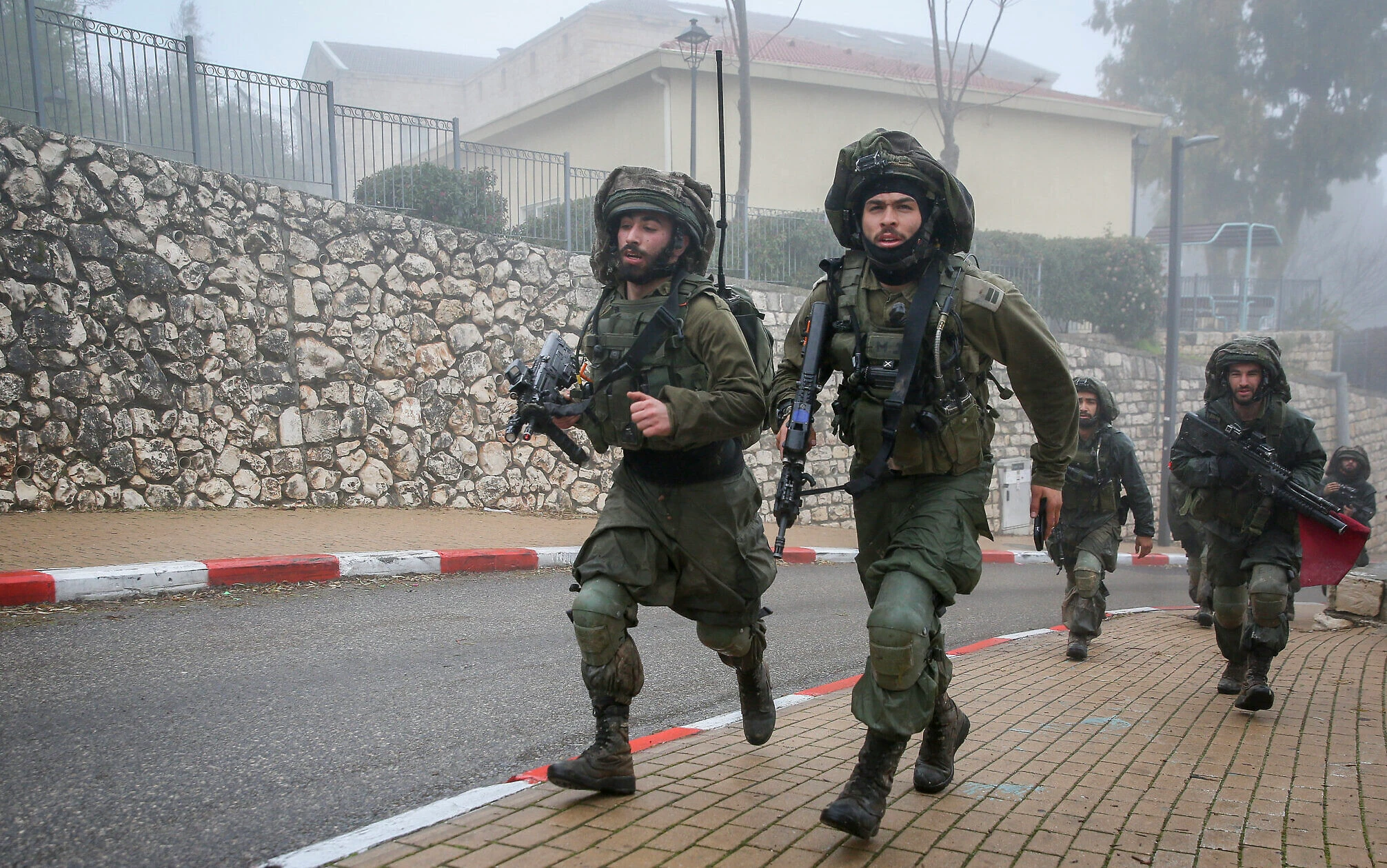A Dutch court recently ruled against stopping the Netherlands from sending F-35 fighter jet parts to Israel.
This case shines a light on the moral and legal debates over military sales during conflicts, like Israel’s actions in Gaza.
The decision stresses the tension between global human rights, international law, and national policies on arms sales.
Europe is watching arms deals to conflict areas more closely, especially with Israel.
On the same day as the Dutch ruling, the EU’s foreign policy leader pointed out the U.S.’s major role as Israel’s weapon supplier.

He suggested the U.S. could use this influence to moderate Israel’s military efforts in Gaza. This advice came as conflict seemed to grow near Rafah.
Critiques of Israel’s military strategy have come from worldwide leaders. This includes private complaints from the U.S. president and U.S. attempts to mediate peace.
Yet, there’s been no significant change in U.S. policy on the issue.
This reflects the challenge countries face in balancing support for allies, following international law, and promoting human rights.
The Dutch court’s choice not to stop military part exports to Israel shows the complex ethical and legal issues in global arms trade.
It also underlines Europe’s increasing demand to rethink military aid and arms sales to countries involved in contentious military operations.
Thus, this case deals with Dutch arms exports to Israel and connects to larger global concerns over international relations, human rights, and arms trade ethics.

